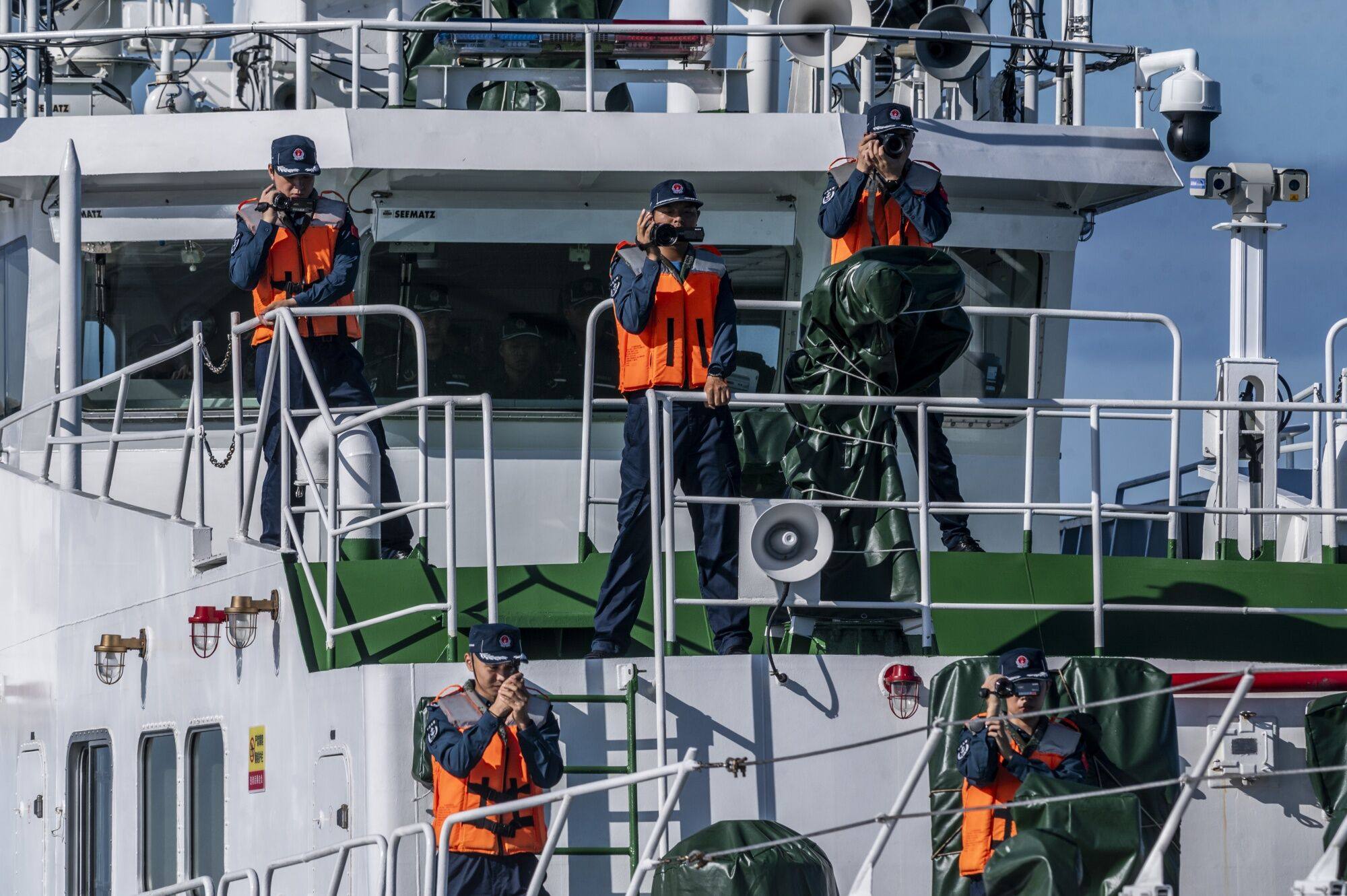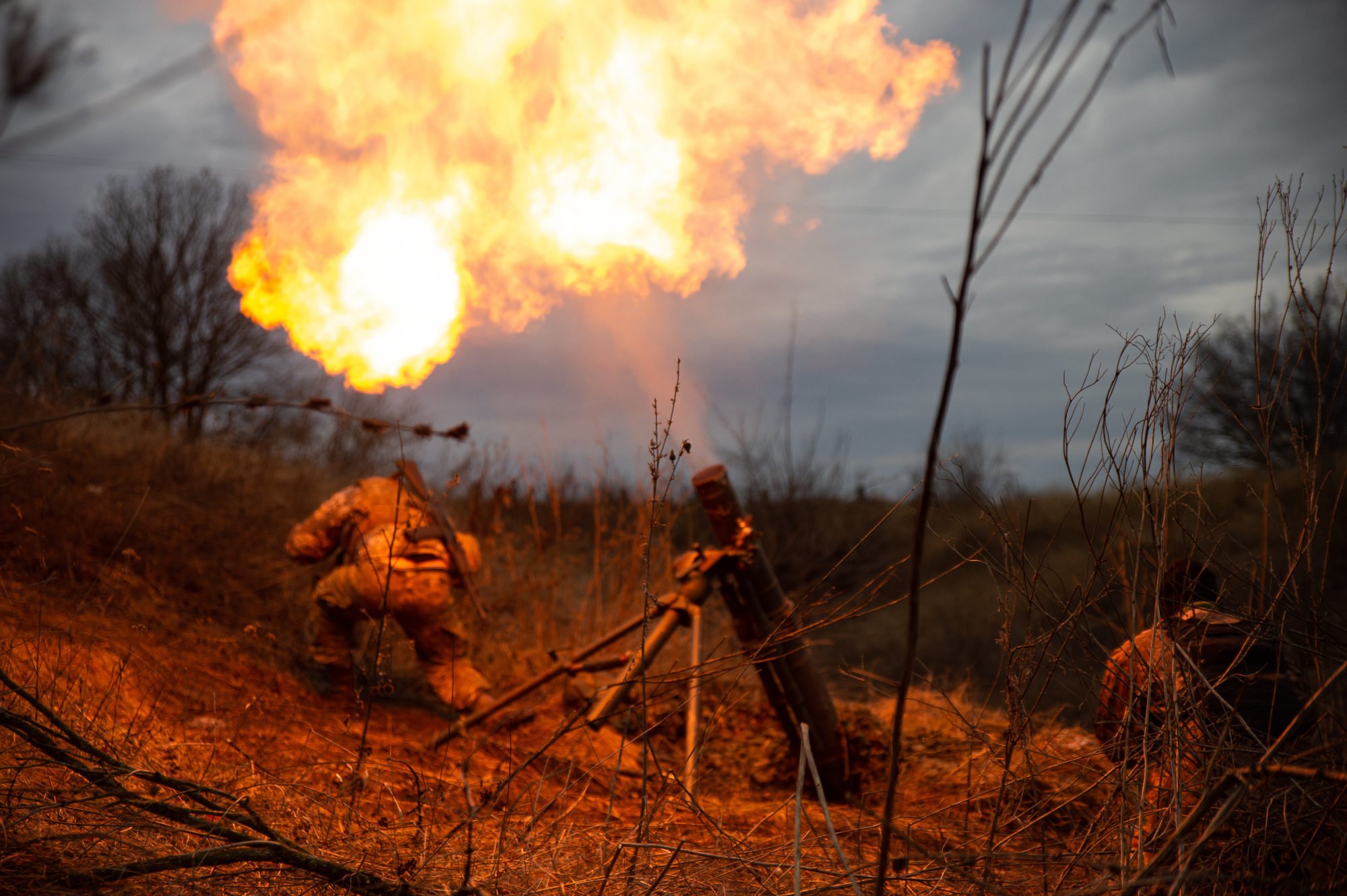Japan faces ‘nightmare scenario’ as growing Russia-China ties could threaten US-led order
- A Japan security report warns that the contest between the US and China-Russia will ‘accelerate’ as the latter seek a ‘non-democratic international order’
- While Japan must step up to secure its interests in the Indo-Pacific, Russia’s war in Ukraine and economic issues mean it can’t yet have a formal security alliance with China, an analyst says
Garren Mulloy, a professor of international relations at Daito Bunka University and a specialist in military issues, said the NIDS report echoed a number of recent white papers and studies in Japan in recent years, but was significant because “it has a greater degree of clarity regarding the non-benevolent characteristics of China and Russia in the modern world”.
Much of the report was focused on efforts by both Moscow and Beijing to undermine and ultimately upset the current world order, Mulloy said, with this now identifiable as an “approach that is more coordinated than in the past to change the extant rules-based order”.
According to the report, the two leaders shared a “common strategic goal” of creating a parallel international order, “based on the fundamental values of freedom and democracy”.
Most alarmingly for Tokyo, the report stated that Chinese and Russian warships and aircraft had carried out joint exercises in the Sea of Japan and also completed a joint circumnavigation of the main Japanese islands earlier in the year.
“Japan cannot allow China and Russia to create a non-democratic international order that tolerates unilateral changes to the status quo by force,” the NIDS study warned. “Japan must further strengthen the necessary defence capabilities to deter attempts to change the status quo by reliance on force.”
“It demands that Japan take more proactive and independent actions to secure its national interests and maintain peace and prosperity in the Indo-Pacific region,” the paper said.
Academic Mulloy said Tokyo was “alarmed” at the increasing collaboration and cooperation between the two nations’ armed forces in exercises close to Japan, although this was only part of a “nightmare scenario” for Japan.
“This emerging alliance is not the absolute worst-case situation for Japan to find itself in, but it’s a part of it,” he said. “The very worst situation would be this alliance developing and the US withdrawing its forces from the Indo-Pacific region.”
Despite the report’s gloomy outlook, Mulloy pointed out a couple of positives in the current state of regional geopolitics, not least the fact that Russia and China could not be considered a formal security alliance at present, and obstacles laid in the way of that outcome.
Equally, Russia’s war in Ukraine and deep economic problems at home make Moscow very much the junior partner in the relationship, with Mulloy stating that while China was aiming to “displace many of the elements of the liberal international order and then replace them with its own structures that are less bound by international law and order, Russia does not have the strategic architecture in place to carry out” such changes.
“It is clear that Russia is more aligned with China than China is to Russia because Moscow has far fewer options and much less power,” he added.
“It was positive that Japan and China could find some common ground,” Mulloy said. “Japan can afford to let relations with Russia run down and reduce trade because it does not really have any impact here. But not having trade ties with China would have a far more serious impact on Japan.”


No comments:
Post a Comment